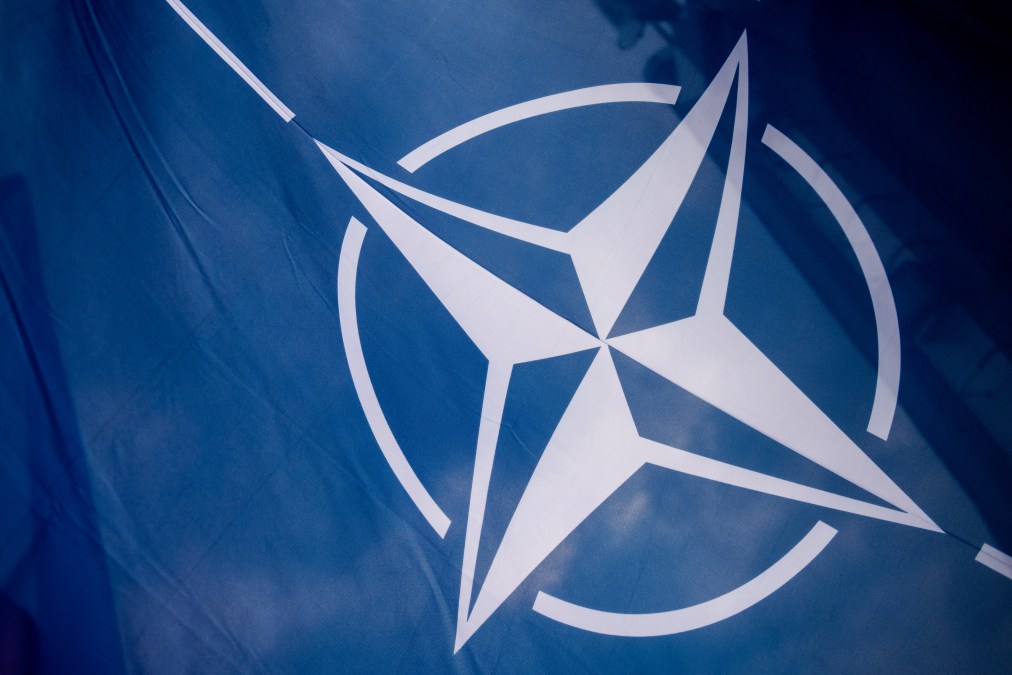NATO picks 44 companies for DIANA projects

NATO tapped 44 organizations to address challenges related to undersea sensing and surveillance, secure information-sharing and energy resilience as part of the first cohort of the alliance’s Defense Innovation Accelerator for the North Atlantic (DIANA) initiative.
DIANA was set up to boost cooperation on emerging technologies and foster a transatlantic innovation network.
Through the initiative, the alliance will play an active role in supporting startups and other players in the high-tech sector that are working on dual-use technologies, a senior NATO official told reporters Thursday during a Defense Writers Group meeting in Washington. The official spoke to the media on condition of anonymity.
“It is a way really to bring together academia, private sector, government and … military users of those technologies together on a transatlantic basis. So, think of a transatlantic DARPA with innovation centers all over the alliance,” the official said.
More than 15 centers have already been established, they noted.
“This year, DIANA went from setting up the centers where we bring together these different parts of society and recognizing that that’s critical to advancing innovations, to actually actively supporting a number of startups and early innovators in implementing their own projects,” the official said. “I think it’s a really interesting example of how you can use an organization like NATO to reach out beyond the traditional defense sector.”
The alliance kicked off the initial DIANA pilot challenge in June. The 44 companies tapped for the inaugural cohort — which are all headquartered in nations that are members of NATO — won out among more than 1,300 applicants after their proposed solutions were evaluated, according to a press release.
The first grants are expected to be issued this month. Each firm will receive 100,000 euros to help pay for expenses as they develop their technology solutions for one of the three challenge problems, according to the release.
“The first cohort was really just announced days ago. And so they will now be working with DIANA’s mentors to really develop their projects,” the senior NATO official told reporters. “That’s the first time around. And the whole system is set up in a way that is very dynamic. And so it’s going to be learning from this first cohort of innovators and refining every year … The system is built in a way that we will adjust and upgrade and innovate with every single cohort.”






